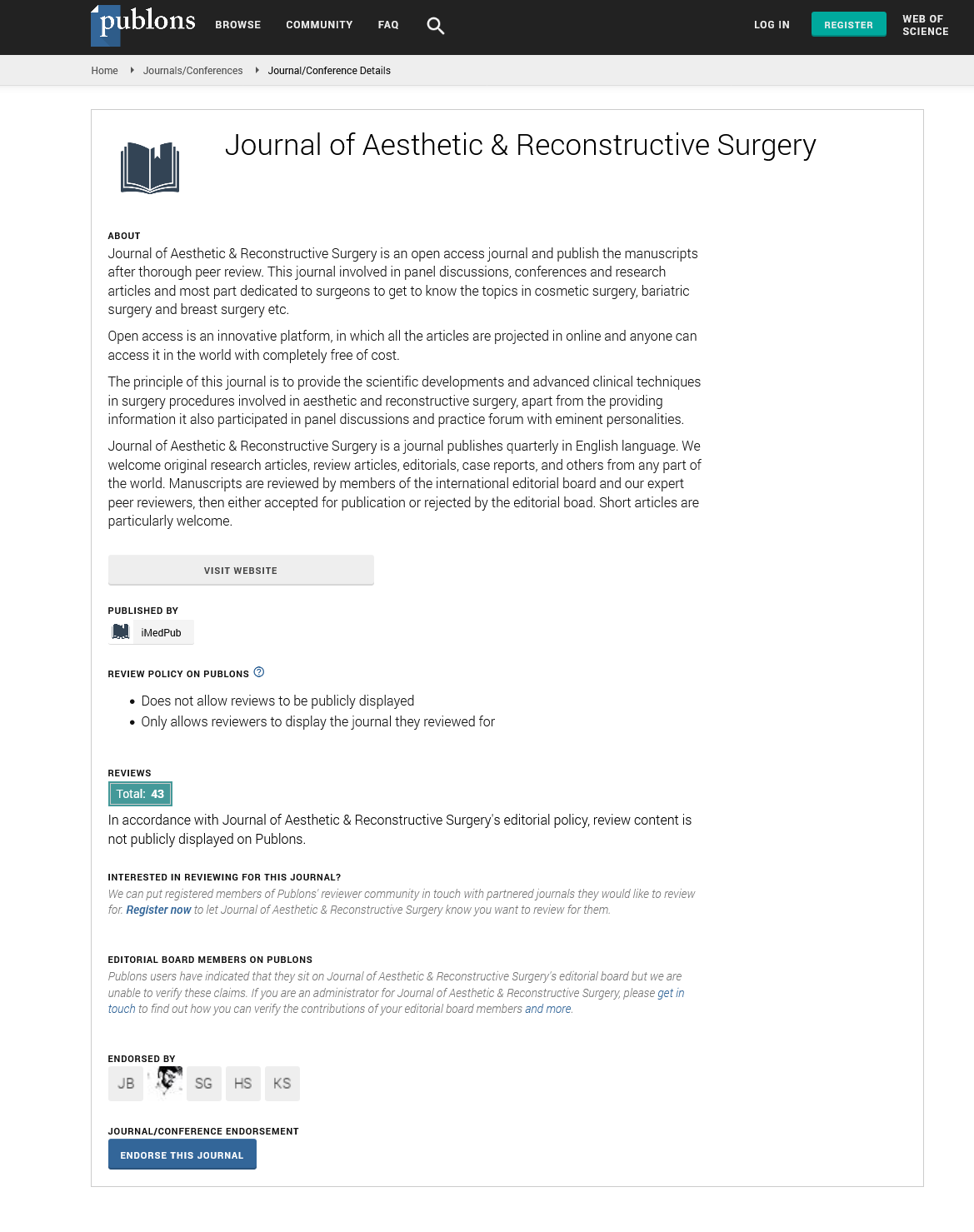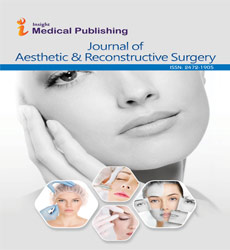Abstract
Enterococcus Breast Implant Infections: A Case Report and Review of Literature
Introduction: Periprosthetic breast implant infections are pervasive and serious complications of implant- based breast reconstruction that continues to present a challenge for plastic surgeons. Breast implant infections due to common causative bacteria such as Staphylococcus spp. and Pseudomonas spp. have been well-described in the literature; however, there are very few reported cases of Enterococcus spp. implant infections, leaving a current gap in knowledge on effective management strategies. There is a concern that indolent Enterococcus infections can lack clinical symptoms but ultimately disseminate and progress to endocarditis.
Case Report: We report an unusual case of an insidious bilateral breast implant infection with Enterococcus faecalis in a 51-year-old female. The patient underwent bilateral implant-based breast reconstruction with pre-pectoral tissue expanders and Acellular Dermal Matrix (ADM) following nipple sparing mastectomies. This patient lacked all clinical features of infection during her postoperative course, including fever, erythema, swelling, and pain. During exchange of her tissue expanders for permanent implants, a physiologic amount of serous but viscous, periprosthetic fluid was encountered in each breast pocket, subsequently identified as an indolent E. faecalis infection. This patient ultimately underwent removal of her bilateral implants and six weeks of antimicrobial therapy with delayed reconstruction six months later.
Conclusions: This case emphasizes that not all implant infections present with clear, observable signs of infection. High clinical suspicion is needed given the severity of consequences of a missed diagnosis including eventual reconstructive failure, but also hematogenous dissemination, infectious endocarditis, and other life-threatening disease. We recommend an aggressive treatment approach with implant removal and an extensive course of targeted antimicrobial therapy to minimize the risk of these untoward complications.
Author(s): Anna Tanaka1*, Stephanie Wythe2, Ryan Miller3, Sarah N. Bishop2
Abstract | Full-Text | PDF
Share this

Google scholar citation report
Citations : 130
Journal of Aesthetic & Reconstructive Surgery received 130 citations as per google scholar report
Journal of Aesthetic & Reconstructive Surgery peer review process verified at publons
Abstracted/Indexed in
- Google Scholar
- China National Knowledge Infrastructure (CNKI)
- Directory of Research Journal Indexing (DRJI)
- WorldCat
- Publons
- Geneva Foundation for Medical Education and Research
- Secret Search Engine Labs
- Euro Pub
Open Access Journals
- Aquaculture & Veterinary Science
- Chemistry & Chemical Sciences
- Clinical Sciences
- Engineering
- General Science
- Genetics & Molecular Biology
- Health Care & Nursing
- Immunology & Microbiology
- Materials Science
- Mathematics & Physics
- Medical Sciences
- Neurology & Psychiatry
- Oncology & Cancer Science
- Pharmaceutical Sciences


